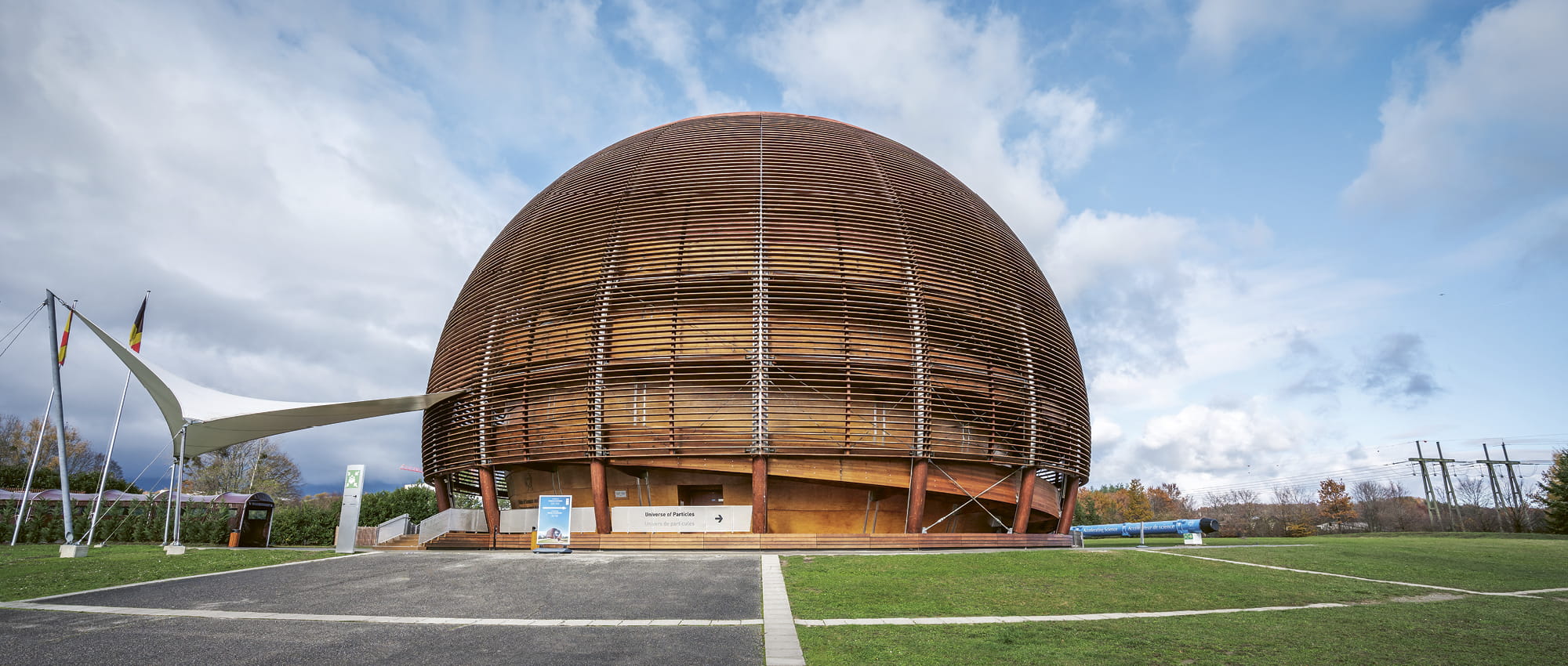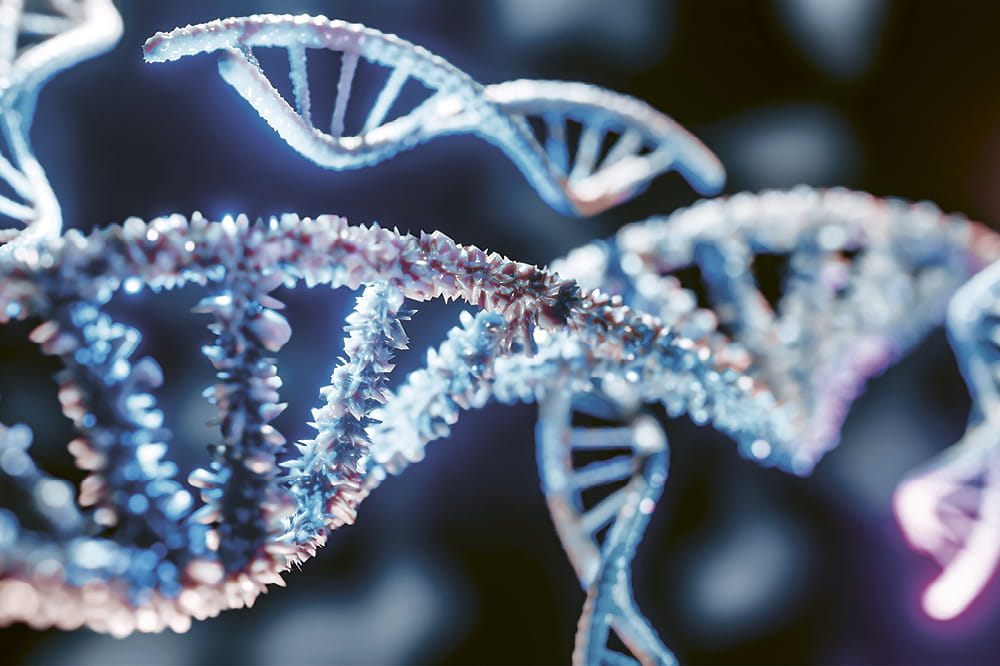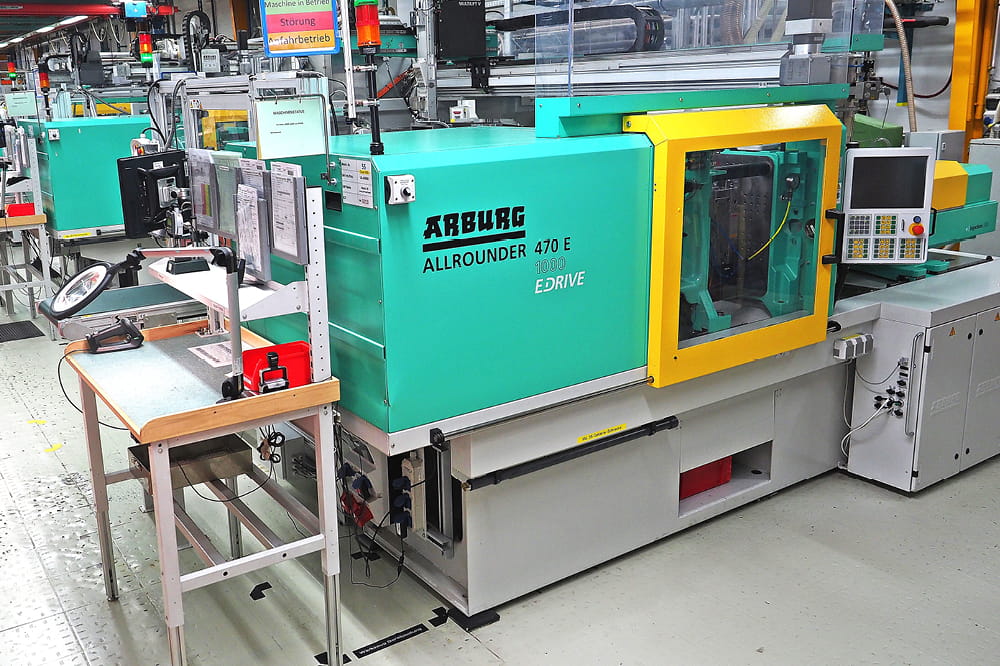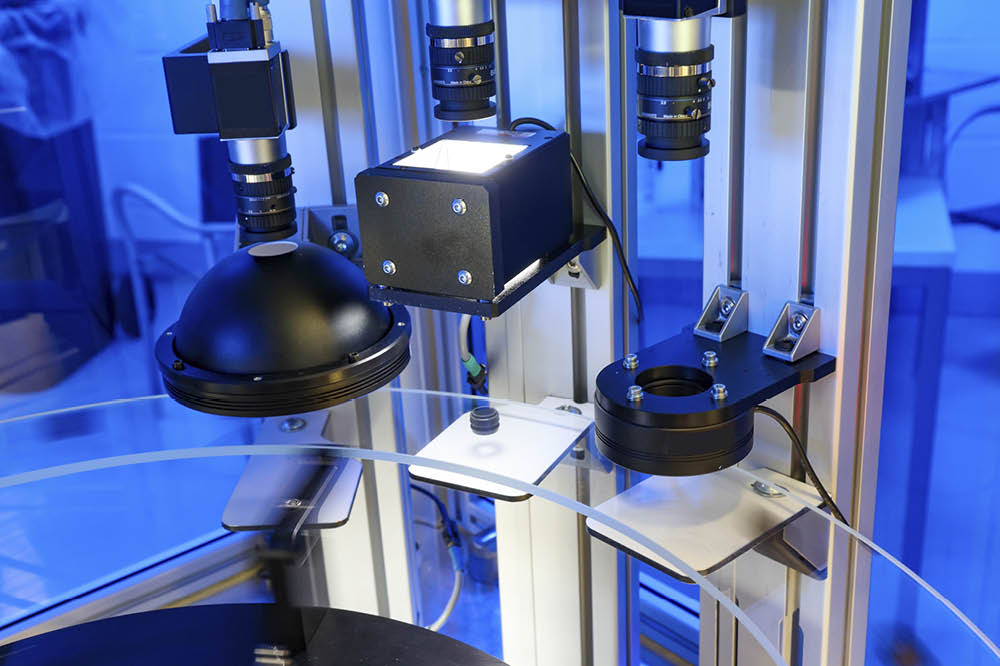Obtain news and background information about sealing technology, get in touch with innovative products – subscribe to the free e-mail newsletter.

Artificial Intelligence and Research and Development
Artificial intelligence makes research and development extremely efficient. But in some cases, it becomes a black box. Why it’s important to understand AI.
When artificial intelligence analyzes data, it’s important to take a close look at the results. AI is looking for patterns and drawing conclusions. But not every pattern and not every correlation is necessarily an expression of a causal relationship. Consider a test of a medicine on a group with the same number of men and women. It shows that the medicine works better than a placebo. Then the test is separately repeated with female and male subgroups, and then the placebo works better. Thus, a blind combination of the data could suggest a causal connection that doesn’t really exist. That might be the conclusion based on pure common sense. So far, artificial intelligence is incapable of making that call.
Genomic Analysis in Days, not Years

Genomic Analysis: Decoding human genetic material is still a puzzle to researchers. Artificial intelligence could help to solve it. © iStock/byakkaya
Artificial intelligence is a game-changer for genomic research. AI makes it possible to carry out the analysis of human genetic material within days instead of over several years. Genetic diseases can be investigated with greater precision and be identified more quickly – at a fraction of the earlier costs.
Intelligent Particle Accelerators in Nuclear Physics
CERN, the European center for nuclear research, has worked with intelligent technologies for more than 30 years. When particle accelerators make atoms displace and collide with one another at the speed of light, detectors reconstruct their trajectories and a variety of other information that the experiment generates. This requires an enormous expenditure of computing power. Algorithms trained with machine learning help make this possible. In 2012, with the use of artificial intelligence, the elementary Higgs-Boson particle was shown to exist for the first time. The discovery was important to understanding the standard model of particle physics. With AI’s help, it was possible to simulate the collisions in advance on a computer and forecast what to expect. The systems use data from software libraries at CERN and the other labs around the world, compiling everything known about the interaction of particles and matter.
AI-supported research processes are highly efficient. They are also changing how scientists look at data. Instead of creating standalone models and checking them with data, they can now give algorithms the job of creating a model. Deep-learning algorithms that simulate the neural pathways of the human brain are extremely promising for this task. One benefit is that AI considers data without human biases based on researchers’ understanding of physics or their expectations. Thus, the researchers can stimulate new ways of thinking or research approaches that a human would be incapable of imagining.
Finding Explanations with “Explainable AI”
AI is also transforming the way research is done – everything from insights, theories and explanations to the data and applications. Even if the result is progressively improved efficiency, AI raises a range of ethical challenges. One example is the loss of trust when an AI system becomes a black box and the results can no longer be explained. Or when correlations point to connections that don’t exist. “Explainable AI” is a way around this dilemma. Researchers use transparent models such as decision trees to document a pattern from AI. Another tactic is to use a simpler model to depict a complex AI model and generate explanations with its help. This makes it possible to explain how AI operates before or after the fact.
A Focus on Researchers?
The use of AI involves exploiting the potential of intelligent technologies without making people or their creative output obsolete. The job of a physicist is considered one of the most secure when it comes to AI-related risks to employment. After all, much of the work already takes place on computers. But other fields of research may be affected. They include genetic and climate research, areas where artificial intelligence is already being used successfully. But even these fields require the capacity for causal thinking, in order to trace genetic patterns back from diseases or weather patterns to climate change, for example. The human being is still needed at the center of research to recognize the connections that really exist.
This article originally appeared in ESSENTIAL, Freudenberg Sealing Technologies’ corporate magazine that covers trends, industries and new ideas. To read more stories like this, click here.
More Stories About Digitalization

Join Us!
Experience Freudenberg Sealing Technologies, its products and service offerings in text and videos, network with colleagues and stakeholders, and make valuable business contacts.
Connect on LinkedIn! open_in_new









